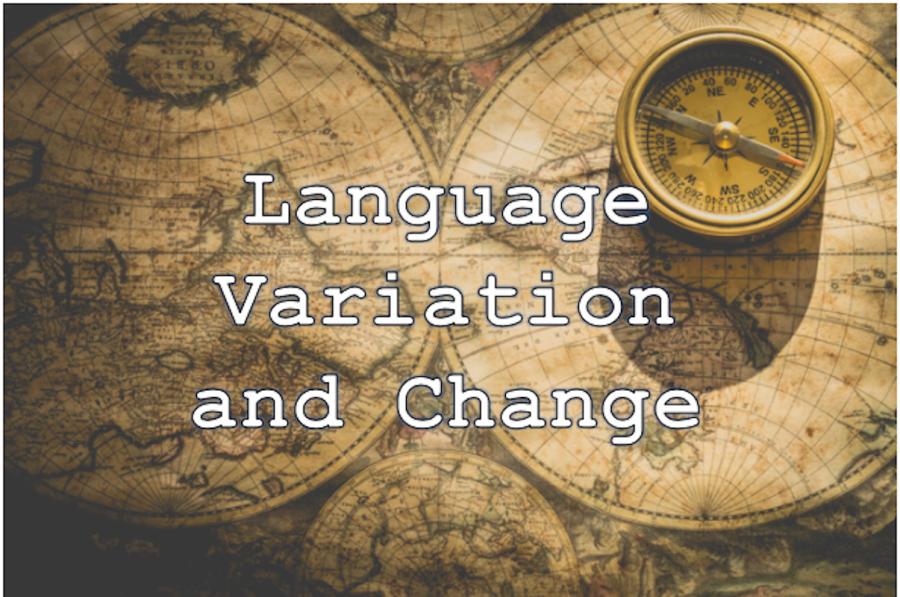A reminder that we will be having LVC/Fieldworkers Lab this Friday, the 23rd from 3:30-5:00pm in Rosenwald 432. There will be light refreshments and snacks! We will be having Darragh Winkelman who will be presenting his work titled: The Language Ecology of the Ottoman State. I have attached a copy of the abstract below.
Abstract:
Court Ottoman Turkish emerged as the literary register of the Ottoman state in the 15th century. The register exhibits extensive use of Persian and Arabic elements. These include not only lexical and morphosyntactic borrowings, but also Perso-Arabic poetics (rhyme, morphosyntactic parallelism, poetic meter, etc.). In both European/North American and Turkish discourse, Court Ottoman Turkish has acquired a dubious reputation as an abstruse variety only accessible to a small, highly educated elite, who even themselves had a questionable grasp of its complexities. Access to texts written in Court Ottoman Turkish requires knowledge of Persian and Arabic as well as the symbolic repertoire of their respective literatures.
In this presentation, I present evidence that Ottoman society provided a linguistic ecology that produced a community of trilingual speakers of varying levels of proficiency that extended beyond the court itself. This occurred despite the geographical distance separating most Ottomans from large communities of native Persian and Arabic speakers. This widespread proficiency is the result not of large-scale contact between language communities, but rather through the permeation of specific cultural practices in which Persian and Arabic were anchored. Arabic was the primary vehicle for institutional education and learning, including religion. Persian pervaded Ottoman society through its indispensability for both court life as well as Sufism (mystical Islam).
Arabic thus emanated from the center through the religious establishment and the state-sponsored medresesystem, while Persian emanated from court patronage of Persian (and Perso-Arabized Ottoman Turkish) literature. Both languages emanated from the periphery through Sufism and its network of lodges, whose ambivalent relationship with the state intertwined it with both the center and the periphery. The primacy of orality in the transmission of both practices meant that the use of these languages occurred in both oral and written form.

